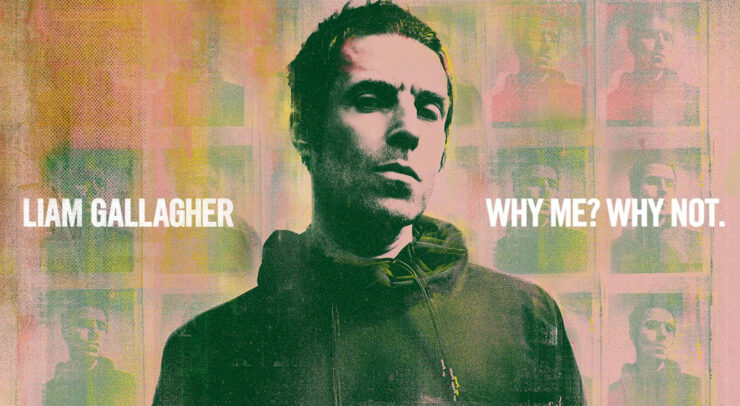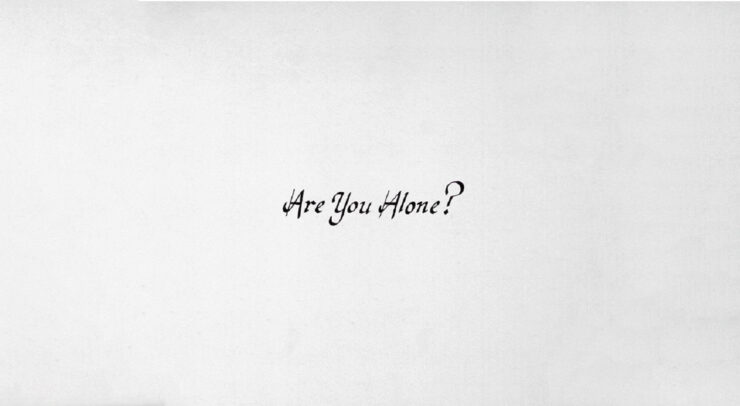Sometimes it takes the approaching end of life for someone to finally open up and to let go of their ego. You get to see the twinkle of their light a little better when that front is dropped.
Leonard Cohen’s Thanks for the Dance is the latest by the artist, and his first posthumous release. His son Adam produced the album, and the younger Cohen followed his father’s vision and suggestions.
With a running time of just under 30 minutes, the collection of nine new songs are material composed during the sessions of Cohen’s previous release, 2016’s You Want It Darker. The musical world came together to produce this album, including contributions from Beck and Juno-award winner Leslie Feist.
If you’re just a casual listener of “The High Priest of Pathos,” you might be in for a surprise, especially if all you’ve otherwise heard from Cohen is “Hallelujah.” Don’t expect anything remotely similar to our current pop scene; Cohen is more of a poet than a musician trying to push the barriers of sound.
He relies on the timbre of his voice, typically paired with laid-back orchestration and harmonies. His voice, always low, is gravelly on this album, and Cohen spends as much time speaking his poetry as he does singing. Despite his age, he hasn’t lost his talent.
The instrumentation on the album is sparse and ambient, though some songs, like “The Hills” and “The Night of Santiago” are more developed than others. Adam steers away from a “wall-of-sound” production, letting his father’s poetry do all the heavy lifting, and he can deliver.
On this album, it is clear that Cohen is addressing an audience that is aware of his passing. Cohen is not known for pulling punches (his debut single was a song about the girlfriend of another man), but one can argue that this is his most autobiographical album yet. Perhaps he knew that universities were starting to dedicate courses to him.
As the name suggests, Thanks for the Dance is a reflection upon an eventful and long-lived life, capturing both the highs and the lows.
The opening track, “Happens to the Heart,” is perhaps the most illuminating, and it can also be interpreted as a warning to his audience. Cohen sings about his formative influences, sharing that he “got his shit together / Meeting Christ and reading Marx.”
Cohen finds that his idols help steer his actions. He doesn’t worry about conforming to the tyranny of the majority, stating “I had no trouble betting / on the flood, against the ark”. But what might be Cohen’s most needed advice for our tumultuous social climate? Cohen closes the song musing, “I fought for something final / not the right to disagree.”
One of the most developed tracks on the album is “The Night of Santiago.” Cohen shares with us the juicy details of a night filled with romance, set to a lush backdrop as sensual as the lyrics.
The song is a passionate piece with a sombre weight, and he describes the affair with engrossing detail, yet he can’t let go, nor will his mind let him.
Looking back on a long life, he admits that there are some things that we will take to the grave: “though I’ve forgotten half my life, I still remember this.”
Thanks for the Dance is a remarkable album that sheds light on the entirety of Cohen’s output, breathing life into his past work through expanding our understanding of the artist. It might even breathe new life into you too.






